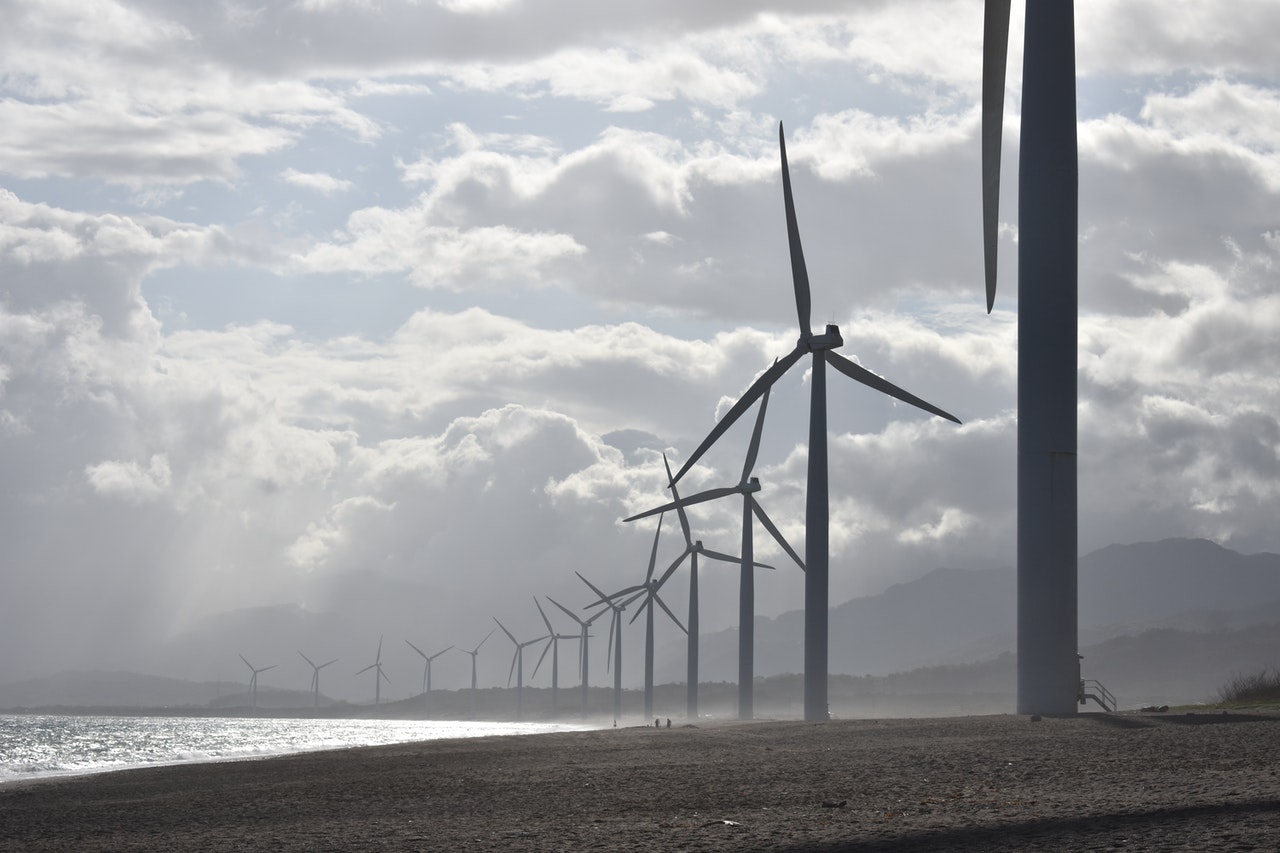Australian authorities have acknowledged the global climate change emergency and have unveiled plans to develop renewable energy projects by creating numerous jobs in the field of clean energy.
The new Labor government’s representatives presented the plan, presenting a bill that sets out emission reduction targets. Climate and Energy Secretary Chris Bowen said a decade of political infighting had forced the authorities to back down on climate change.
The new bill makes clear that Australia is open to green business. He added that the resource-rich country could become a hub for renewable energy sources (RES).
The bill sets a target to reduce emissions by 43% by 2030 and reach net zero by 2050. An independent climate change body will monitor its implementation.
The government is now in talks with the Greens, who hold the balance of power in the upper house of parliament and want more ambitious action on climate change. The stumbling block was the new coal and gas projects, demanding to stop the “greens,” Reuters added.
Meanwhile, in Europe, environmentalists also advocate the development of wind and solar energy. A too slow permitting process is hampering these energy projects, experts at the independent climate think tank Ember said.
According to Ember, only Finland, Croatia, Lithuania, and Sweden can achieve such high clean energy production that warming can be kept within 1.5 degrees Celsius. Wind energy in the EU has been growing slower than solar: an average of 10 GW annually since 2018. Thus, it will only reach 54% of the required growth in 2026.
Investors can wait 30 months in Romania to 120 months in Croatia for approval for new wind projects. Under EU law, the permit process should not exceed two years for member states, Reuters notes.

